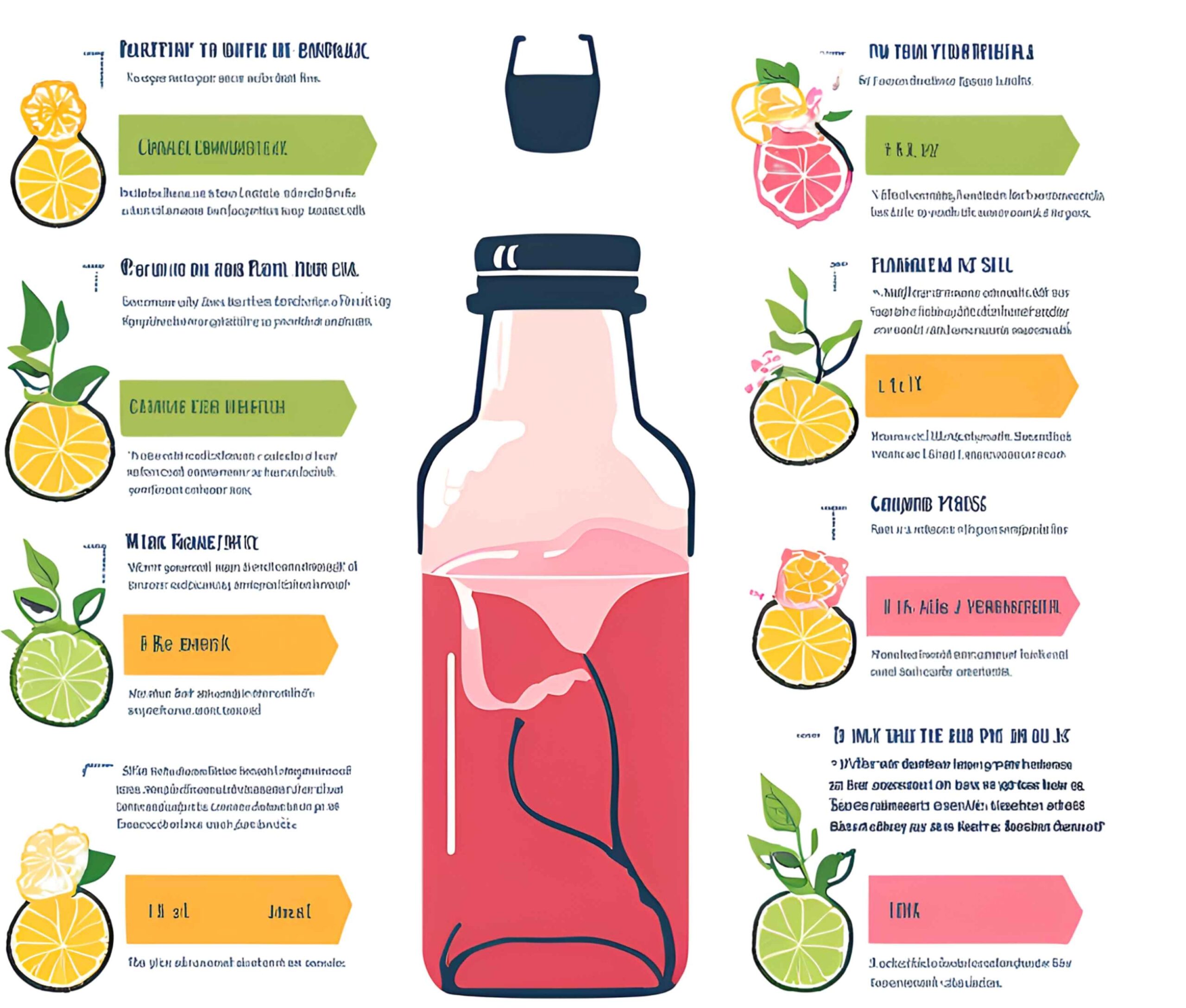Kombucha—a fizzy, tangy drink made from fermented tea—is more than just a trendy beverage. Packed with probiotics, antioxidants, and other nutrients, it has gained a devoted following among health enthusiasts. While sipping on kombucha can be a refreshing way to support wellness, drinking it at the right time can enhance its benefits even further.
This guide explores the best times to enjoy kombucha and how to tailor your timing based on your unique health goals. Whether you’re a wellness seeker exploring its probiotic potential or a sustainable living advocate intrigued by its natural origins, you’ll find everything you need to optimize your kombucha experience here.
What is Kombucha and Why Does Timing Matter?

Kombucha is created by fermenting sweetened tea with a symbiotic culture of bacteria and yeast (SCOBY). This process produces a beverage rich in probiotics, organic acids, vitamins, and a small amount of caffeine. These properties contribute to its numerous health benefits, from improving digestion to boosting immunity.
But timing matters. Kombucha contains active probiotics that affect digestion, caffeine as a mild stimulant, and organic acids that may aid metabolism. Drinking kombucha strategically—based on your body’s needs and daily activities—can help you leverage its powers for maximum efficiency.
The Best Times to Drink Kombucha and Why

1. Morning—For an Energizing Start to Your Day
If you’re looking for a natural energy boost without the jitters of coffee, kombucha can be a great choice. Its small caffeine content, combined with the natural energizing effects of B vitamins, can help you start the day on the right foot. Plus, the probiotics in kombucha may prepare your gut for better digestion throughout the day.
Tips for morning kombucha drinking:
- Pair it with your breakfast, especially if you have a lighter meal like fruit or yogurt.
- Avoid drinking it on an empty stomach if you’re new to kombucha, as its acidity may upset sensitive stomachs.
2. Midday—To Avoid the Afternoon Slump
Many of us experience a noticeable energy dip after lunch, commonly known as the “afternoon slump.” Kombucha offers a natural way to combat fatigue without reaching for sugary snacks or energy drinks. Caffeine and probiotics can give you a sustainable pick-me-up while aiding digestion after your meal.
Quick suggestion:

Replace soda or sugary beverages with kombucha during lunch. You’ll feel more refreshed, and it promotes healthy digestion for those heavier midday meals.
3. Before or After a Workout—For Hydration and Recovery
Kombucha is often hailed as a great alternative to sports drinks for fitness enthusiasts. Its electrolytes and probiotics can help with hydration, and the antioxidants present in kombucha may aid in muscle recovery post-workout.
Tips for workout kombucha drinking:
Before a workout: Kombucha provides a light energy boost if consumed 30–60 minutes beforehand.
After a workout: Drink it within 30 minutes post-exercise to replenish electrolytes and enhance recovery.
Pro tip: Choose low-sugar kombucha varieties if you’re watching your sugar intake.
4. With Meals—For Improved Digestion
Kombucha’s natural acids and live probiotics make it a digestive ally when paired with meals. Drinking kombucha during or after eating can help balance your gut’s microbiome, leading to less bloating, better nutrient absorption, and an overall more comfortable experience.
Pairing tip:
Enjoy kombucha alongside meals that are hard to digest, such as those high in fats or proteins. The enzymes in kombucha can support the digestion of these complex foods.
5. Late Afternoon—For Beating the Midday Stagnation
If you’re wrapping up a busy workday or preparing for an evening outing, kombucha can revitalize your energy levels. Its gentle fizz and subtle caffeine content make it a healthy alternative to an afternoon coffee or sugary soft drink.
Keep in mind:
If you drink kombucha after 3 p.m., stick to low-caffeine kombucha, especially if you’re sensitive to caffeine or have trouble falling asleep.
6. Evening Wind-Down—For Gut Health and Relaxation
Drinking kombucha in the evening can be beneficial, especially if you want to relax after dinner. Probiotic-rich beverages like kombucha may support your gut as it processes the day’s meals overnight.
Caution for evening consumption:
Avoid kombucha varieties with high caffeine content, as they may interfere with sleep.
How Much Kombucha Should You Drink Daily?
Moderation is key when it comes to kombucha. While it’s tempting to gulp an entire bottle in one sitting, experts recommend starting with 4–8 ounces daily if you’re new to it. Once your body adjusts, you can gradually increase your intake to 16 ounces daily, split across two servings.
Why moderation matters:
- Kombucha contains organic acids, caffeine, and natural sugars that can lead to stomach discomfort or disrupt blood sugar levels if consumed excessively.
- Overconsumption may expose you to more calories or sugar than intended, especially with commercially sweetened varieties.
Choosing the Right Kombucha for Your Goals
Not all kombucha is created equal. Selecting the proper brew can amplify its health benefits and align with your wellness routine. Here’s how to choose:
For digestion: Look for kombucha with high probiotic content and less sugar.
For energy: Opt for a caffeinated kombucha from black or green tea.
- For relaxation, go for a low-caffeine kombucha with calming herbal infusions like chamomile or lavender.
For workouts: Pick kombucha that’s lower in sugar but contains electrolytes or ginger for anti-inflammatory benefits.
Are There Any Times Not to Drink Kombucha?
While kombucha is generally safe for most people, there are specific situations where you may want to skip it:
On an empty stomach (if you’re sensitive): Kombucha’s natural acidity can irritate some people’s stomachs. Start small or eat before drinking.
Late at night: The caffeine and mild carbonation could interfere with your sleep routine.
If you’re pregnant or immunocompromised: Kombucha is unpasteurized and may pose risks for individuals with heightened sensitivities. Speak with your doctor before adding it to your diet.
Small Changes, Big Health Gains
Kombucha is more than just a trendy wellness drink—when consumed mindfully, it’s a versatile tool for enhancing gut health, digestion, and energy levels. Knowing when to reach for kombucha can help you unlock its full potential, whether you’re kickstarting your morning or recovering from a workout.
Your Next Steps to Kombucha Mastery
Not sure where to begin? Next time you’re eyeing the kombucha shelf at your local store, consider your goals for the day. Are you looking to improve digestion, boost energy, or explore new flavors? With some experimentation, you’ll find the schedule—and brews—that work perfectly for you.
Raise your glass (or bottle) to mindful drinking and a healthier you. Cheers to kombucha!








